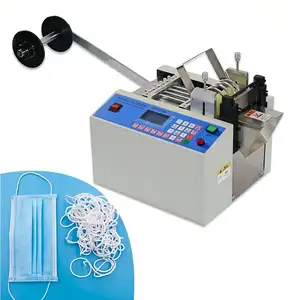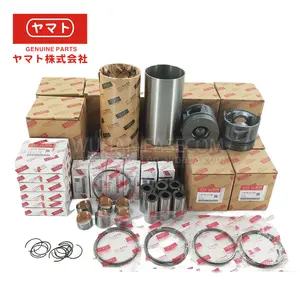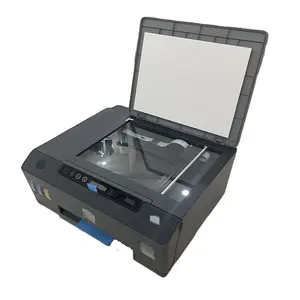Popular in your industry









Related Searches:
























Top categories
About belt machine
Introduction to Belt Machines
A belt machine is a versatile industrial equipment utilized in various sectors such as manufacturing, woodworking, metalworking, and more. It consists of a continuous loop of material, typically rubber, that rotates around two or more pulleys, enabling it to move or transport objects efficiently. Belt machines come in different types and sizes, each designed for specific applications.
Types of Belt Machines
There are several types of belt machines available in the market, including belt saw machines, 2x72 belt grinders, 72 x 2 belt grinders, and belt grinders for knife making. Belt saw machines are commonly used in woodworking for precise cutting, while belt grinders are essential for metal fabrication and knife making, providing a smooth finish on various materials.
Technical Specifications and Features
When considering a belt machine, it is essential to look at technical specifications such as motor power, belt speed, belt size, and additional features. For instance, a high-performance 2x72 belt grinder may have a motor power capability above 2 HP, adjustable belt speed for versatility, and a robust frame for stability during operation.
Advantages of Belt Machines
The key advantages of using belt machines include efficiency, precision, versatility, and time-saving capabilities. Whether you are shaping metal, sharpening blades, or sanding wood, a belt machine can significantly improve workflow and provide consistent results. Additionally, modern belt machines often come with safety features to ensure user protection.
Choosing the Right Belt Machine
When selecting a belt machine for your business needs, consider factors such as the intended use, material compatibility, available space, and budget. For example, if you are in the knife-making industry, investing in a specialized knife making belt sander with adjustable angles and grit options can enhance your productivity and product quality.
Maintenance and Care Tips
To prolong the lifespan of your belt machine and ensure optimal performance, regular maintenance is crucial. This includes cleaning the belts and pulleys, checking for any signs of wear or damage, and lubricating moving parts as needed. Following the manufacturer's maintenance guidelines can prevent costly repairs and downtime.
In conclusion, belt machines are essential tools in various industries, offering efficiency, precision, and versatility in different applications. By understanding the types, technical specifications, advantages, and maintenance requirements of belt machines, businesses can make informed decisions when investing in this equipment.





























